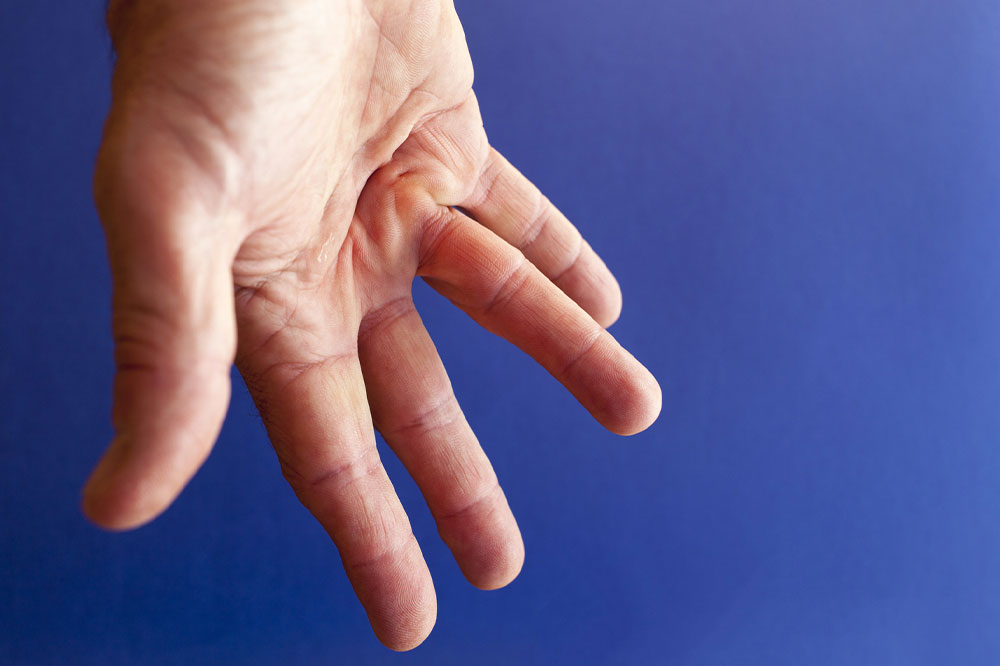Effective Strategies to Manage Migraines
Learn about effective strategies and treatments to manage and prevent migraines. From lifestyle changes such as diet, sleep, and stress management to natural remedies, supplements, and medical options, this guide offers comprehensive tips to reduce migraine frequency and severity. Early professional consultation is recommended to tailor treatments to your needs and prevent complications.

Effective Strategies to Manage Migraines
Migraines manifest as intense, pulsating headaches often localized on one side of the head, accompanied by heightened sensitivity to light and sound, nausea, and vomiting. Some individuals experience an aura phase characterized by visual disruptions like zigzags, spots, flashes, blind spots, or shimmering lights.
Understanding Migraines
The exact cause of migraines remains unknown, but genetic factors and brain changes are believed to play a role. Triggers such as bright lighting, fatigue, and weather fluctuations are often inherited and can provoke episodes.
Key Approaches to Alleviate Migraines
Identifying and avoiding specific triggers can help prevent migraines. Monitoring patterns and understanding personal catalysts are essential for selecting the best treatment approach for you.
Hormonal Fluctuations: Women often experience migraine triggers related to falling estrogen levels prior to menstruation. Using low-dose estrogen contraceptives can help mitigate this.
Alcohol Consumption: Alcohol can trigger migraines, especially if you experience hangovers. It's advisable to avoid certain drinks that lead to headaches within hours of consumption; for some, beer may be more problematic than spirits like vodka. Reducing alcohol intake is a crucial part of migraine management.
Meal Regularity: Skipping meals causes blood sugar levels to fluctuate, which can trigger migraines. Maintaining steady glucose levels by eating every few hours and including lean proteins can help prevent attacks.
Caffeine Intake: Excessive caffeine consumption can lead to withdrawal headaches that mimic migraines. Limiting intake to around 200 mg daily is recommended.
Sleep Hygiene: Consistent sleep schedules avoiding disruptions can significantly reduce migraine frequency since poor sleep or irregular routines are common triggers.
Natural Remedies: Applying cold packs offers anti-inflammatory relief and is considered one of the safest ways to soothe migraines. Supplements like vitamin B2 (riboflavin) and CoQ10 have shown promise in reducing attack frequency. Relaxation techniques such as massage, tai chi, and mindfulness-based yoga can help manage stress and prevent migraines. Herbs like butterbur and feverfew support healthy cerebral blood flow and may lessen the severity and recurrence of migraines. Acupuncture provides long-term relief without side effects, sometimes with placebo effects, but proven effective for many.
Medical Treatments: Prescription options include triptans, which target migraine mechanisms but may cause rebound headaches. Beta-blockers and anti-hypertensives like metoprolol, propranolol, and timolol can prevent migraines related to vascular changes, though side effects may occur. Anti-seizure drugs such as topiramate and valproic acid help reduce attack frequency but can cause drowsiness. Antidepressants, particularly SSRIs and tricyclics, may regulate serotonin levels to prevent migraines, especially when depression coexists. Botox injections are effective for chronic migraines, involving 31 sessions over 12-week intervals with minimal side effects. Consulting a healthcare professional early is vital if you experience frequent headaches to prevent progression and improve quality of life.










